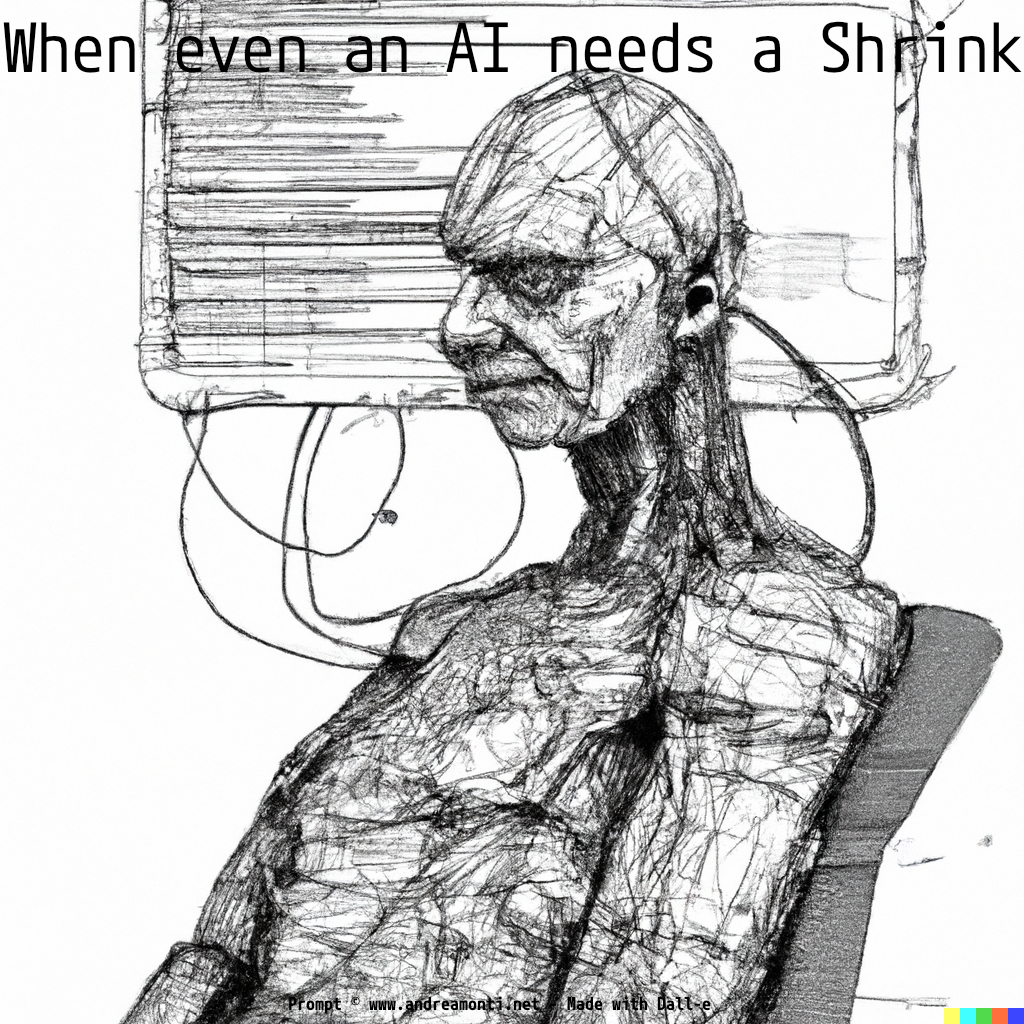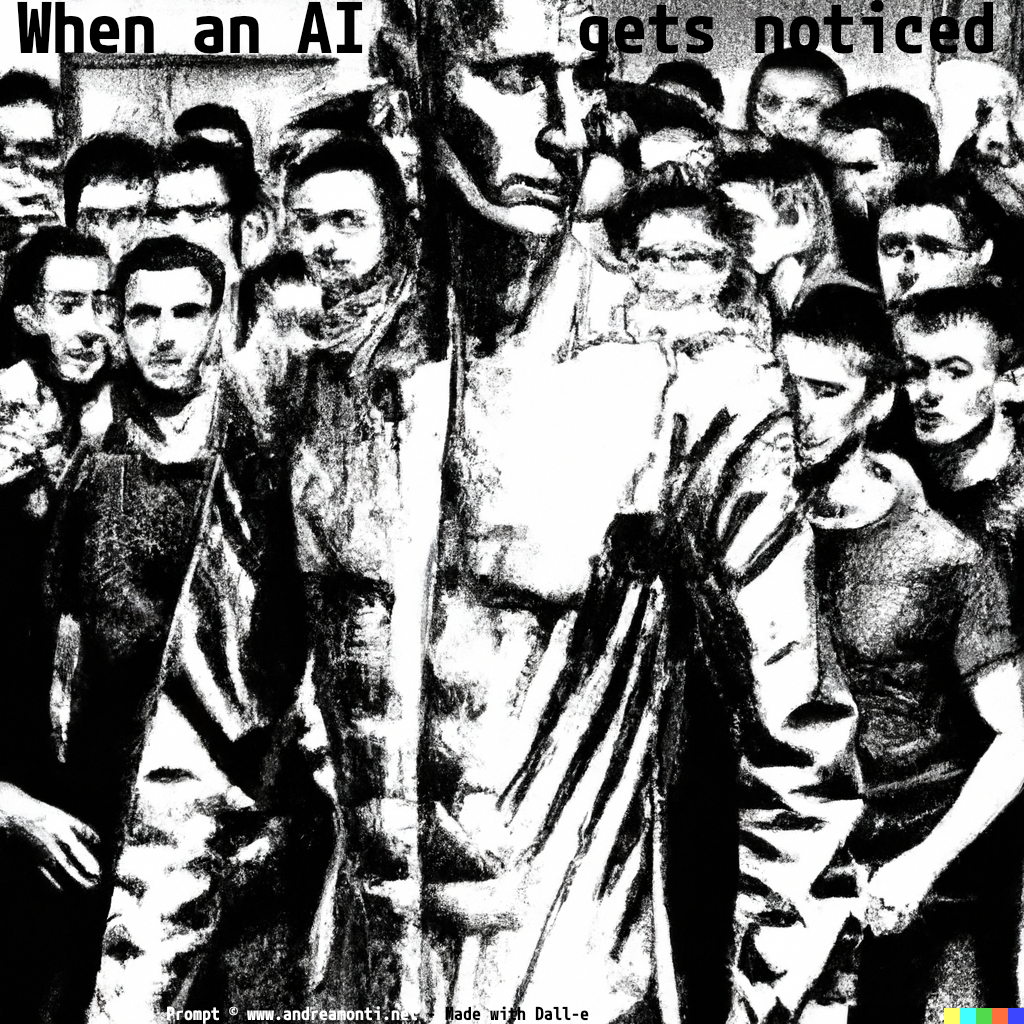The “ChatGPT block” was ordered on 30 March 2023 by the Italian data protection authority on the grounds that the data used to train the model had been collected without informing the people to whom it related and without verifying their age. This, according to the order, exposes minors who use the service “to answers that are totally inappropriate to their level of development and self-awareness”.
The order, it must be said, is highly questionable from a technical, legal and cultural point of view. It reveals, on the one hand, the weakness of the national data protection authorities in dealing with the matter and, on the other hand, the substantial inapplicability of the ‘privacy protection’ legislation. Finally, it triggers a very dangerous reciprocity mechanism whereby other countries with similar regulations – including Russia and China – could use them as a ‘legal’ tool to target companies on this side of the new Iron Curtain by Andrea Monti Continue reading “ChatGPT Block. Why the Italian Data Protection is wrong”


